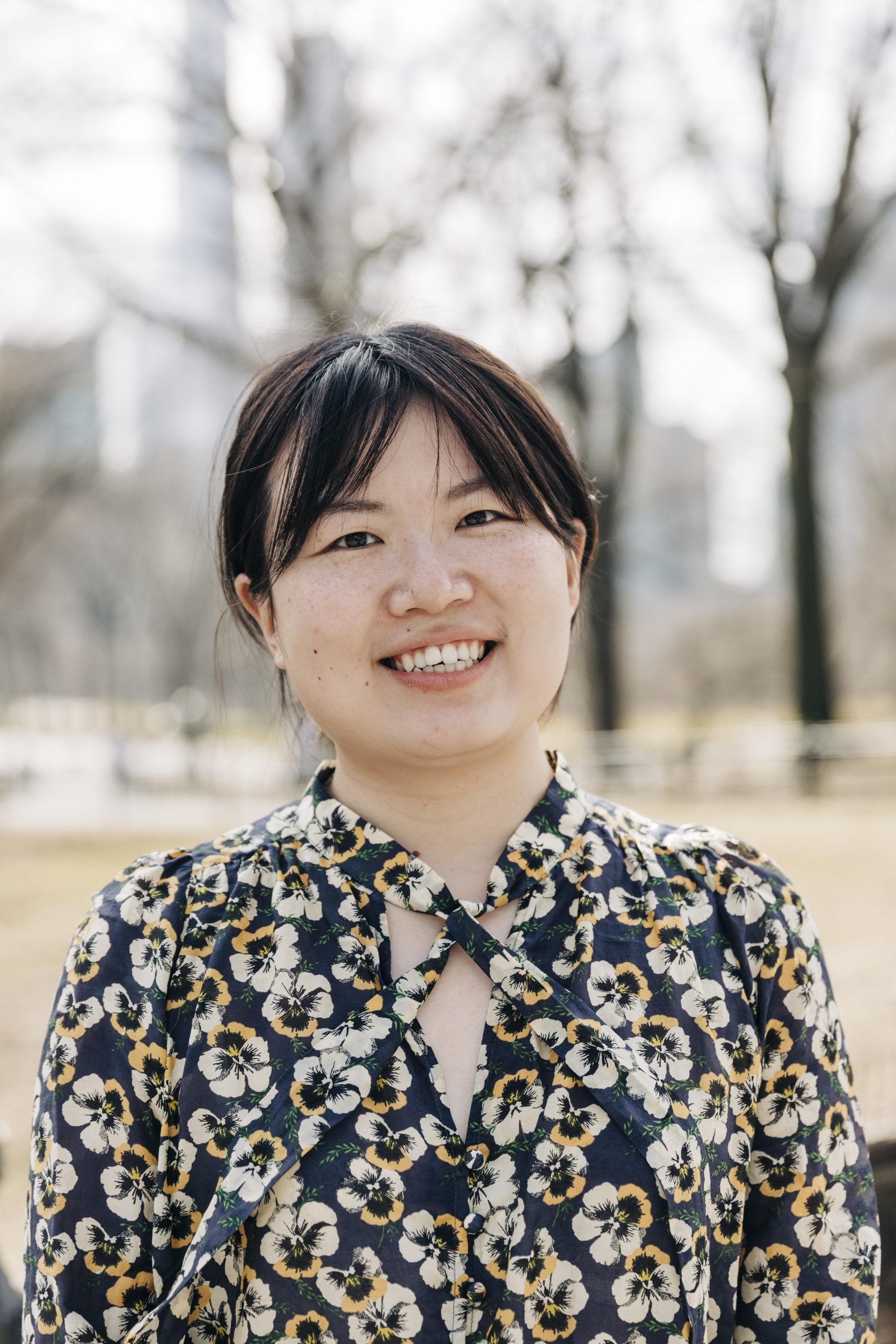
The Gordon Hammes Scholar Award honors young scientists responsible for the very best papers published in Biochemistry. The winner of this year’s award, Yale University’s Yang (Vicky) Luo, will present the Gordon Hammes Scholar Award Lecture during the ACS Spring 2022 National Meeting & Exposition in San Diego, CA. The Award Lectures will take place on Monday, March 21, beginning at 8 A.M. in the Sapphire I/J room of the Hilton San Diego Bayfront.
Established in 2017 and awarded alongside the Gordon Hammes Lectureship Award, the Scholar Award seeks to recognize those at the bench – graduate students, postdocs, and undergraduates – for the outstanding work they do. The award is sponsored jointly by Biochemistry and the ACS Division of Biological Chemistry.
Read a brief interview with Gordon Hammes Scholar Award Winner, Yang (Vicky) Luo

How/why did you choose to pursue this field of research?
I was first drawn to the concept of ‘specificity’ when I was an undergraduate. Achieving selective chemical transformations in test tubes can take a lot of effort, while cells have evolved machineries to recognize specific substrates and perform reactions. I also learned in medicinal chemistry classes that the search for selective drugs is challenging, so I wanted to learn the rules of specificity in cells. My interest in this subject was strengthened by my research on the substrate specificity of human mRNA decapping enzymes in the Slavoff lab.
What are you working on now?
I am currently working on understanding how proteins specify their interaction partners in cells. The crowded cell poses a significant challenge to efficient and accurate protein complex formation. Stochastic, diffusion-based model of protein-protein interactions does not fully explain the observed protein interaction networks, as proteins with low expression or with low millimolar affinity would not be able to participate in specific protein interactions. It also wouldn’t explain how proteins have moonlighting functions via promiscuous interfaces. I am testing the hypothesis that liquid-like organelles enable assembly of specific protein complexes by providing biochemically and biophysically distinct environments. Furthermore, I am interested in learning the functional outcomes of protein complex assembly dependent on liquid-like organelles.
What do you see as important future directions/emerging trends in biochemistry?
To me, one of the important trends is to understand biomolecules in their cellular context and even in vivo through the rise of genome editing tools, optogenetics and single-cell technologies. Another exciting opportunity is the emergence of computational approaches such as AlphaFold. I think the data it creates really have and will continue to revolutionize our way of visualizing and understanding macromolecules.
Explore a selection of research articles from Yang (Vicky) Luo
Phosphorylation of a Human Microprotein Promotes Dissociation of Biomolecular Condensates
Am. Chem. Soc. 2021, 143, 32, 12675–12687
DOI: 10.1021/jacs.1c05386
The NBDY Microprotein Regulates Cellular RNA Decapping
Biochemistry 2020, 59, 42, 4131–4142
10.1021/acs.biochem.0c00672
Global Profiling of Cellular Substrates of Human Dcp2
Biochemistry 2020, 59, 43, 4176–4188
DOI: 10.1021/acs.biochem.0c00069
P-Bodies: Composition, Properties, and Functions
Biochemistry 2018, 57, 17, 2424–2431
DOI: 10.1021/acs.biochem.7b01162
Read about previous winners of the Gordon Hammes Scholar Award: